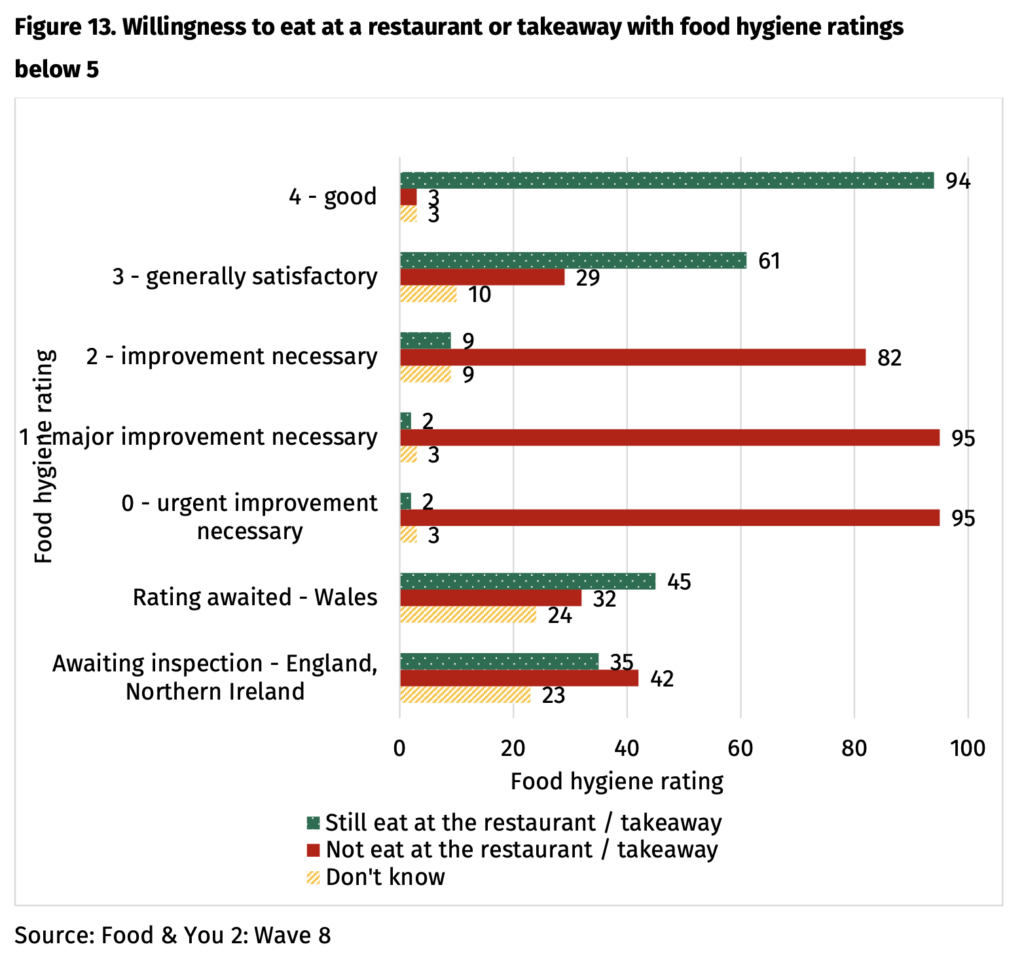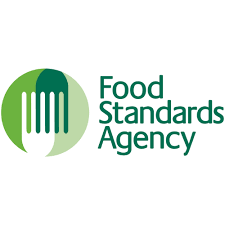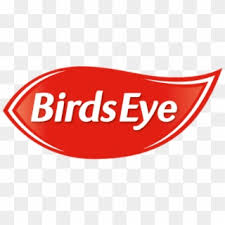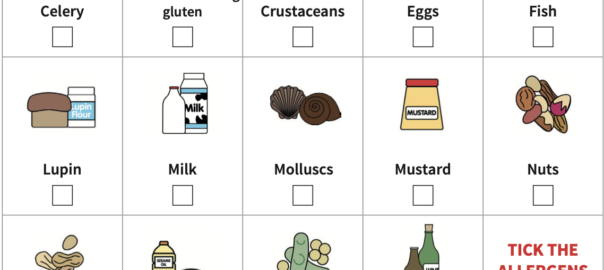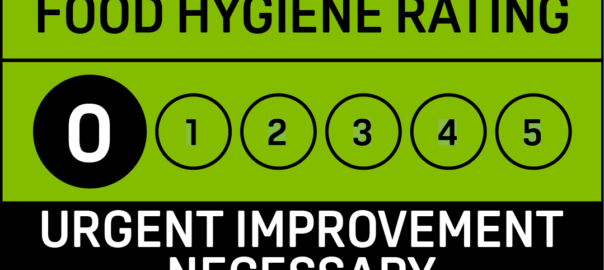Plans for supermarkets to “Mark their own homework” have been delayed and a new consultation process started.
Legislative plans put on hold until the conclusions of a new Senior Steering forum are presented to the board in June 2025.
Full story courtesy of today’s The Grocer below:
The Food Standards Agency has carried out a major climbdown over controversial plans to allow supermarkets and other large food businesses to run their own food safety inspections, after a major backlash from local authorities and campaigners.
Last month, The Grocer revealed food safety experts were calling on ministers to block moves for the FSA to give supermarkets day-to-day control over the Scores on the Doors food hygiene ratings system. They had also expressed outrage over wider moves to extend the so-called “national regulation” to a much wider group of businesses, also including manufacturers and large out-of-home companies, so cash-strapped local authorities could focus their limited resources on smaller “rogue operators”.
However, today the agency admitted there had been a lack of transparency over the proposals and announced it had put the plans on hold.
In August, The Grocer revealed the FSA planned to allow supermarkets to take over the responsibility for their own food hygiene ratings under the Scores on the Doors scheme, following year-long trials carried out with Aldi, Asda, Sainsbury’s, Tesco and Waitrose.
The agency subsequently went even further, saying it was looking to extend the concept across large food manufacturers and food to go operators. It added it was working with the food safety regimes in Northern Ireland, Wales and Scotland, in a bid to try to create a UK-wide “national regulation” system.
However, anger from food safety experts and local authorities over the plans was heightened after a BBC investigation found businesses including Sainsbury’s had been misleading customers over their food hygiene scores.
Board papers published today ahead of the FSA’s forthcoming December meeting set out plans for a rethink.
“One of the common themes we heard is a clear need for greater transparency around the proof-of-concept trial,” the documents say.
“We acknowledge that it would have been better in retrospect to have published the trial evaluation earlier, and provided more opportunity to share detailed information about the trial and the evaluation.
“We have also heard a lot of questions and concerns about how any process of national level scrutiny would work in detail, including how it would interact with the work of primary authorities and local authorities, how risks would be managed, and how complaints would be dealt with.”
The FSA has now promised an “intensive engagement period on the proof of concept”, revealing it had set up a new Senior Steering Forum including environmental health and Trading Standards bosses from across the UK, which would report back in early 2025.
The board added that the retailers involved in the trial had said they were still “committed“ to the proposals, despite the fallout.
“We will keep working with the large retailers and their primary authorities to refine the approach taken during the trial, and to share the learning to date,” the FSA said.
Meanwhile, the FSA told The Grocer proposals for longer-term legislative change, which would be required by the plans to extend national regulation across the food sector, had been put on hold.
“We’ve paused any policy work on ideas for longer-term reforms, to focus on engagement with stakeholders about the trial and potential next steps,” a spokeswoman said.
A previous report by the FSA said it believed there was a case in principle for more strategic, national-level regulatory assurance of the “biggest, most influential businesses”, which would see the FSA act as a national regulator rather than local authorities.
“A national level regulator could leverage these relationships to tackle non-compliance at a business, rather than local store level; to understand risk better across the food system, and to convene large businesses to share best practice on food safety,” it said at the time.
